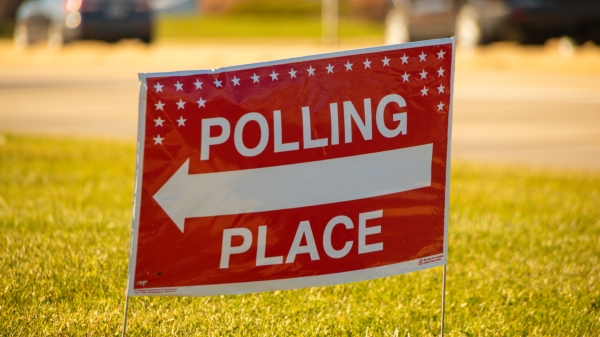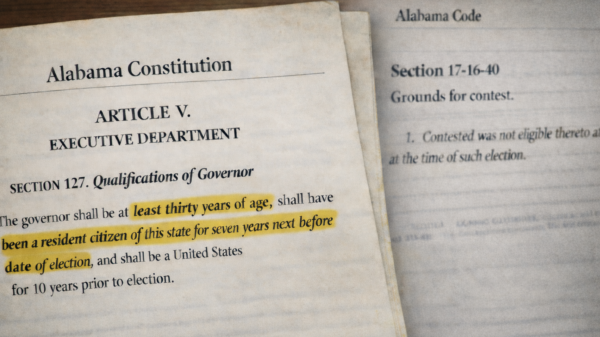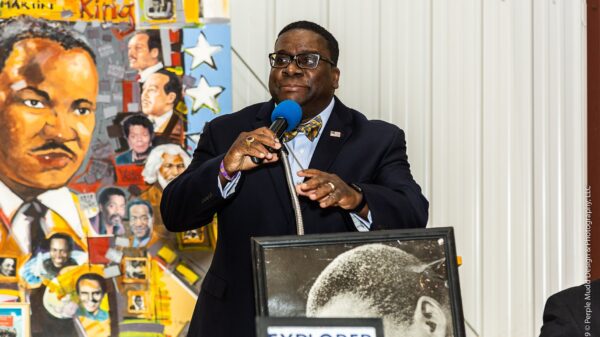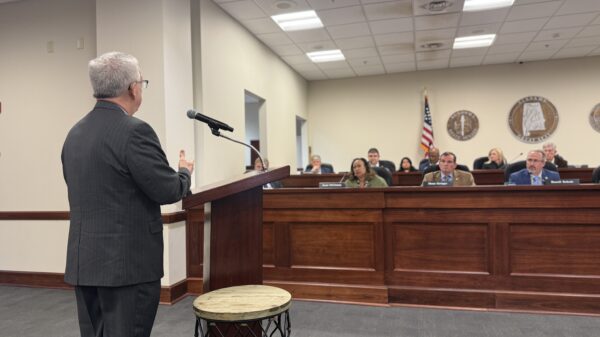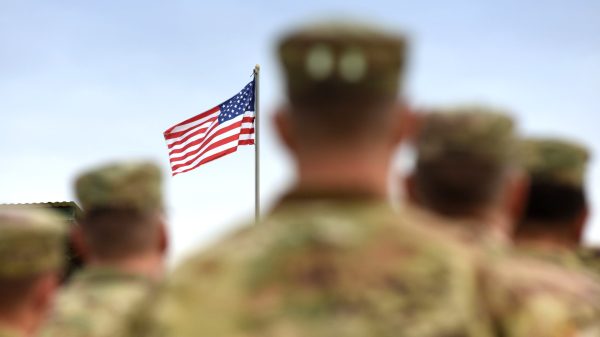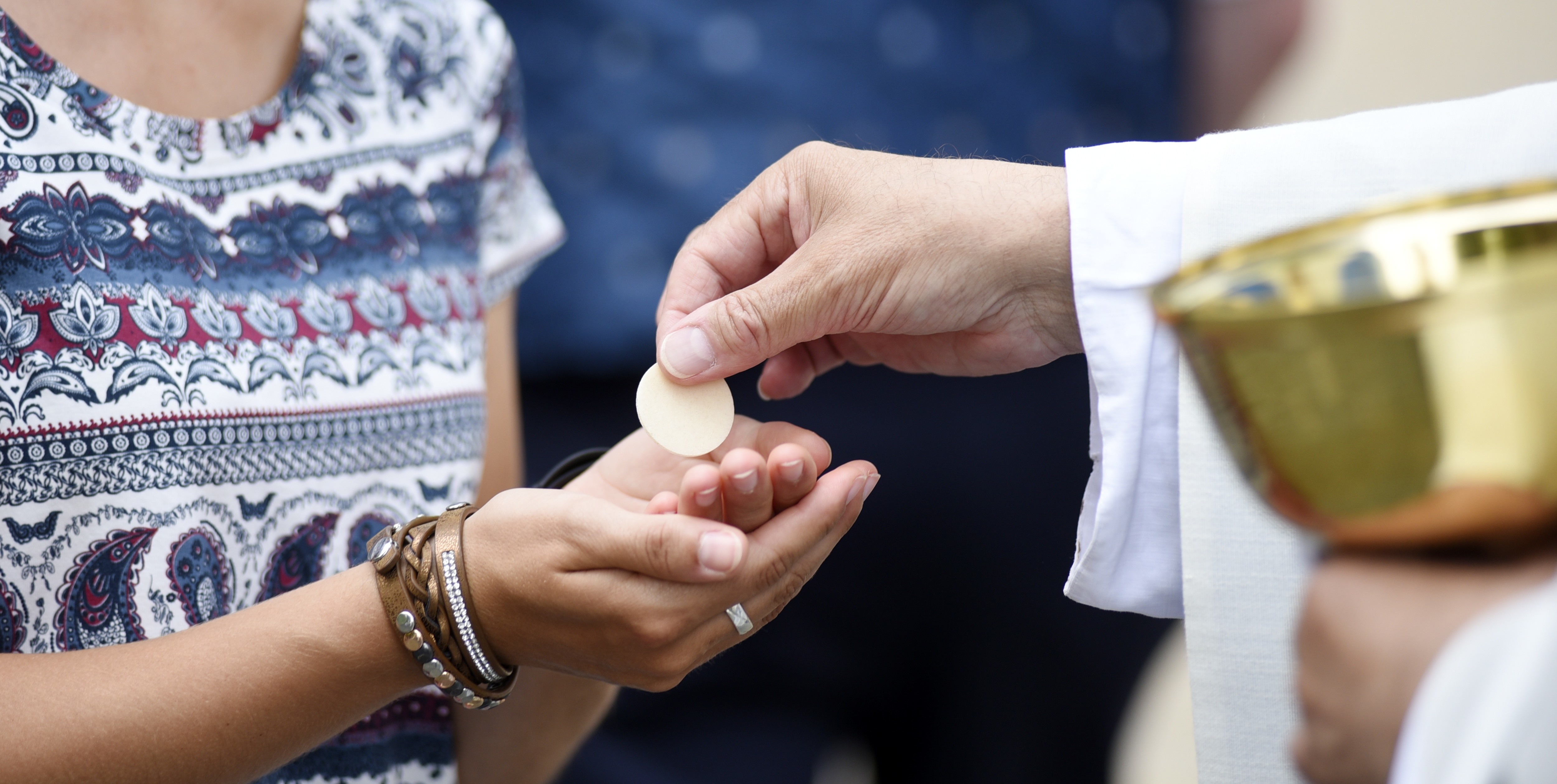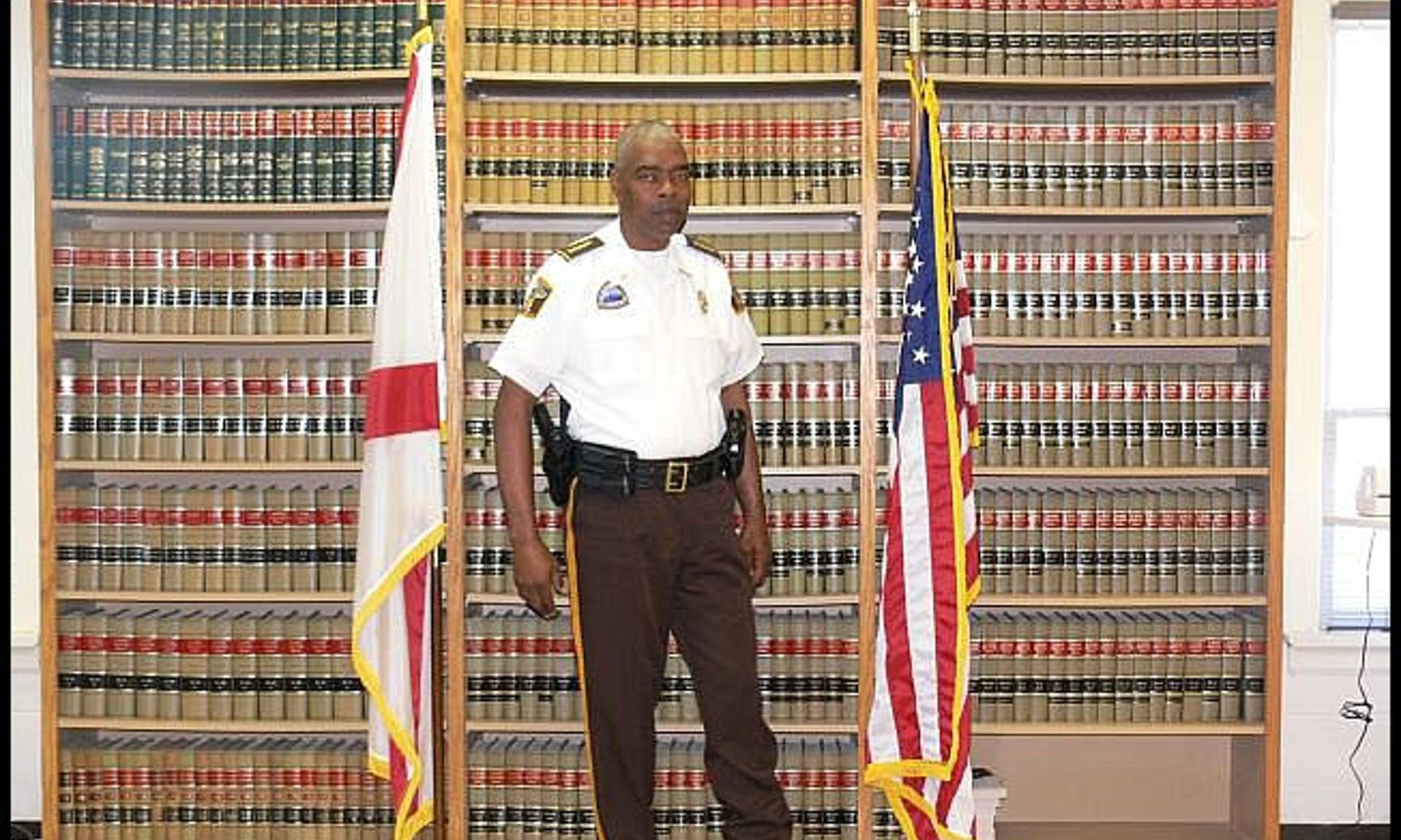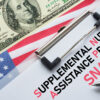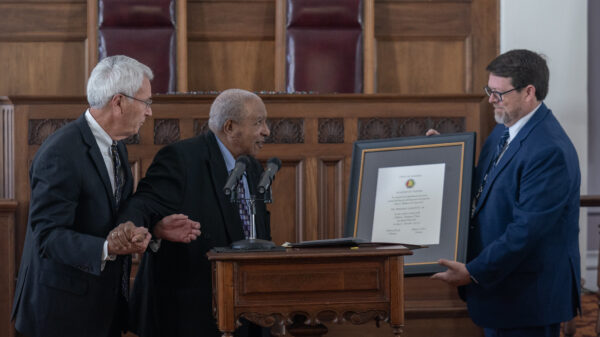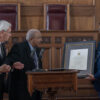Mobile’s Archbishop Thomas J. Rodi in a statement Monday issued directives meant to prevent the spread of the novel coronavirus during liturgical celebrations.
Rodi said that he had hoped previous statements sent to clergy, parents and students at Catholic schools on ways to prevent the spread of the virus would be enough.
“I was not intending to issue a statement regarding liturgical celebrations. Worship of God is integral to the life of faith. Changes in the liturgy deeply affect people and must be carefully considered,” Rodi’s statement reads. “I felt that people would make their own decisions when attending Mass. Threatened by the Coronavirus, any gathering of people needs to be conducted in a fashion which safeguards health.”
Rodi said that some parish’s have issued individual guidance on liturgical celebrations, which may have resulted in confusion, so he felt compelled to issue his own.
Rodi said people are not to attend Mass if they feel sick, and anyone who has a serious underlying medical condition for whom contracting COVID-19 could be life-threatening does not have to attend Mass.
“No one is required to use Holy Water Fonts. Pastors are to make certain that the fonts are kept clean and the holy water replaced frequently,” Rodi said.
While the making of the Sign of Peace can continue, Rodi said, “no one is required to make physical contact during the Sign of Peace.”
“I hope that this will make people feel safer, however, daily life causes us to come in contact with surfaces touched by many hands (gas pumps, grocery carts, etc.) Even opening the church door is touching a surface which has been touched by many hands. We cannot avoid all contact which stresses the importance of the frequent washing of hands,” Rodi said.
Rodi also said that pastors may continue to distribute Holy Communion but no one is required to drink from the Chalice, “ including extraordinary Ministers of Holy Communion.”
“Realizing that when people receive Holy Communion on the tongue saliva does get on the fingers of those distributing Holy Communion, I am requesting that for the time being people refrain from receiving Holy Communion on the tongue, if not for their own welfare, out of concern for the health of neighbor,” Rodi said.
“Let us pray for the health of all the sick and especially for those who have contracted the Coronavirus,” Rodi said.
Similar statements have been made in recent days by other Archdiocese across the country.
The Episcopal Conference in Italy has suspended all liturgical services until April 3 over concerns about COVID-19, according to the Orthodox Times.
As of Sunday evening there were 6,387 active COVID-19 cases in Italy, an increase of more than 1,300 in a single day, according to The Washington Post, which reported deaths from the virus jumped by 133 to 366 in one day.
As of Monday morning there were still no confirmed cases of COVID-19 in Alabama, according to The Montgomery Advertiser, although fewer than 20 people in the state had been tested for the virus.
The Alabama Baptist State Board of Missions in a statement last week cancelled international student mission trips over concerns about the virus.
The first confirmed coronavirus patient in Washington D.C. was Christ Church of Georgetown’s Rev. Timothy Cole, who tested positive for the virus Saturday, according to The Washington Post.
Cole fell ill after attending a conference on Feb. 22, the newspaper reported, and attended church events last weekend attended by 550 people.


